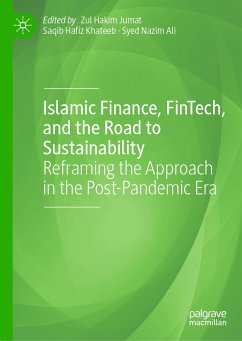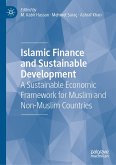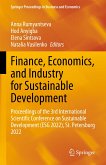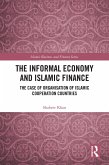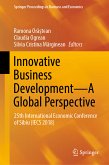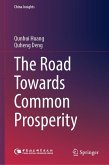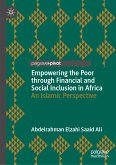The edited volume provides critical discussions on reframing the Islamic finance approach to sustainability and socio-economic development in the post-pandemic era. It highlights how selected Islamic finance tools alongside FinTech can not only ensure financial sustainability but also promote socio-economic policies that will aid the much-desired value and impact creation in the economy. The book focuses its analysis on the following three areas: reframing Islamic finance sustainability and socio-economic development; innovative Islamic financial tools for sustainable and socio-economic impact; and the role of FinTech in the road to sustainability. The edited volume will be of interest to scholars, researchers, and students of Islamic finance, sustainability, and financial technology.
Zul Hakim Jumat is a Researcher for the Center of Islamic Economics and Finance (CIEF), College of Islamic Studies, Hamad Bin Khalifa University (HBKU), Qatar Foundation.
Saqib Hafiz Khateeb is a Research Fellow at College of Islamic Studies, Hamad Bin Khalifa University (HBKU), Qatar Foundation. Under the fellowship, he is the Project Lead for IBIR project - a bibliographic databank of Islamic Economics and Finance.
Syed Nazim Ali is a Research Professor and the Director for the Research Division, College of Islamic Studies, at the Hamad Bin Khalifa University, Qatar Foundation.
Dieser Download kann aus rechtlichen Gründen nur mit Rechnungsadresse in A, B, BG, CY, CZ, D, DK, EW, E, FIN, F, GR, HR, H, IRL, I, LT, L, LR, M, NL, PL, P, R, S, SLO, SK ausgeliefert werden.

